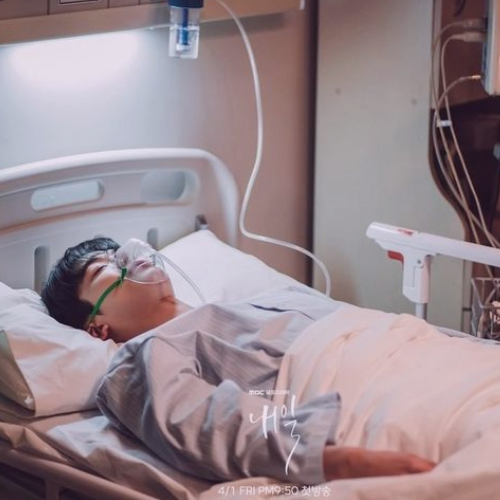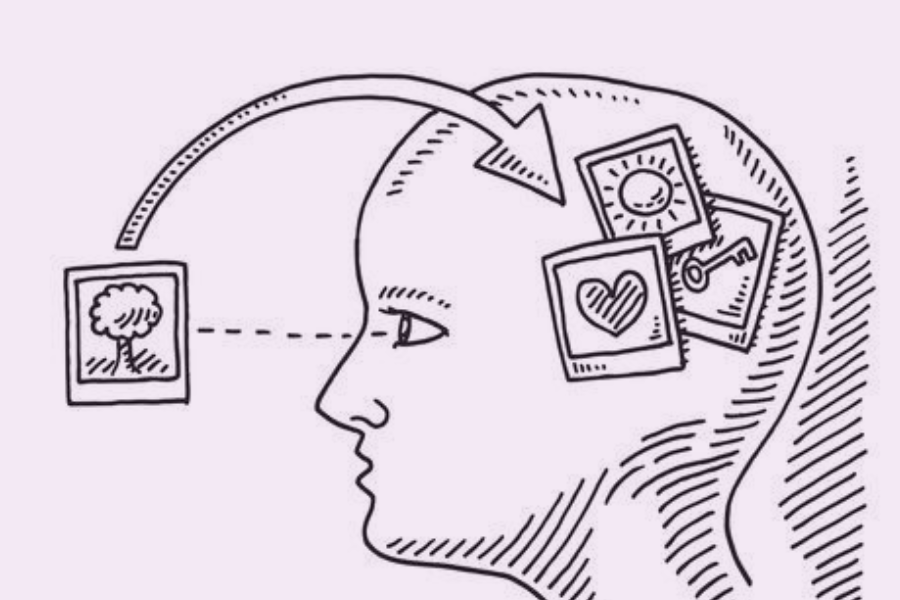Unusual Medical Conditions You Probably Didn't Know Existed Until K-Dramas Told You
- byDamilola Jimmy
- 1 year ago
- 0 Comments
- 5mins

The beauty of K-dramas doesn’t end with excellent storylines and butterfly romances; they can also be super educative. Many K-Dramas, particularly those set in hospitals or featuring doctors, shine a spotlight on disorders that leave viewers both intrigued and researching.
Here's a closer look at some medical conditions you probably didn’t know about until you stumbled upon a K-Drama binge session.
Prosopagnosia (Face Blindness)

Prosopagnosia, or face blindness, is a neurological condition where a person cannot recognize faces; even their reflection. It is often used for dramatic K-Drama moments, especially when a character struggles to identify their love interest or a critical figure in their life. It featured in “The Beauty Inside,” and “Rich Man.”
In Rich Man, the male lead’s inability to recognize faces added tension and mystery to his relationships. The condition, often caused by brain damage or a genetic factor, served as a metaphor for emotional detachment, making the storyline even more satisfying.
Cotard Delusion (Walking Corpse Syndrome)

This rare psychiatric disorder leaves individuals convinced they are dead, do not exist, or have lost their organs. While it sounds like a plot twist straight out of a horror movie, K-Dramas handle it with surprising sensitivity.
In “It’s Okay, That’s Love,” the disorder helped break down mental health stigma as the characters played through its complexities. Cotard Delusion is often linked to severe depression or psychotic episodes, and K-Dramas like this one excel at educating viewers about its reality while pressing their emotional buttons.
Hyperthymesia (Superior Memory)

Imagine remembering every detail of your life, from mundane moments to painful memories. That’s hyperthymesia, a condition where individuals have an extraordinary autobiographical memory.
In “Remember: War of the Son,” the male lead used his impeccable memory to fight a legal battle for his father, but it was not all roses. He went through both physical and mental hell to achieve the dream. The show captured the emotional burden of reliving traumatic events in vivid detail, which was agonizing. These dramas don’t just entertain; they also spark curiosity about how the brain works.
Savant Syndrome

This condition is characterized by exceptional abilities in a specific area, such as mathematics, music, or art, often alongside developmental disorders like autism.
“Good Doctor” starred a brilliant pediatric surgeon with savant syndrome. While his condition made him an extraordinary doctor, it also challenged his social life. The series beautifully illustrated how empathy and perseverance can help overcome barriers, making it both educational and inspiring.
Locked-In Syndrome

Locked-in syndrome occurs when a person is fully conscious but unable to move or speak due to paralysis of nearly all voluntary muscles. It’s often caused by a stroke or severe brain injury.
In “Heaven’s Order,” a key character experienced this condition; this created a high tension as they attempted to communicate crucial information through subtle eye movements. The series was able to shed light on the tight survival instinct of the human spirit and how they can survive even in the deadliest conditions.
Capgras Delusion (Imposter Syndrome)

Capgras delusion is a rare psychiatric disorder where a person believes someone close to them has been replaced by an identical imposter. It’s unsettling and often linked to other mental health issues.
In “Kill Me, Heal Me,” this delusion is just one of the many complexities explored within a broader discussion of mental health. The drama provided a mix of emotional depth and psychological intrigue, giving viewers a peek into the fragility of human perception.
These characters often seek help, go through treatments, and show how these conditions affect relationships and daily life. K-dramas help normalize conversations about physical and mental health carefully by challenging stereotypes. They show that people with medical conditions can lead fulfilling lives, contribute to society, and inspire others.
Even with these conditions, they also create swoon moments. Who wouldn’t want a love story where face blindness leads to hilarious misunderstandings? Or a gripping thriller where a locked-in patient outsmarts the villains?
K-drama has successfully led us through the path of curiosity by opening our eyes to these rare diseases. So, grab some snacks, get a list of your favorite series, and prepare to be entertained and enlightened!
Damilola Jimmy
The ink drips smartly over here. Let me take you through the world of my imagination while riding on the letters😎 It's all fun in this corner.
0 Comment(s)
Related Posts
Daily Newsletter
Get all the top stories from Blogs to keep track.





Leave a comment